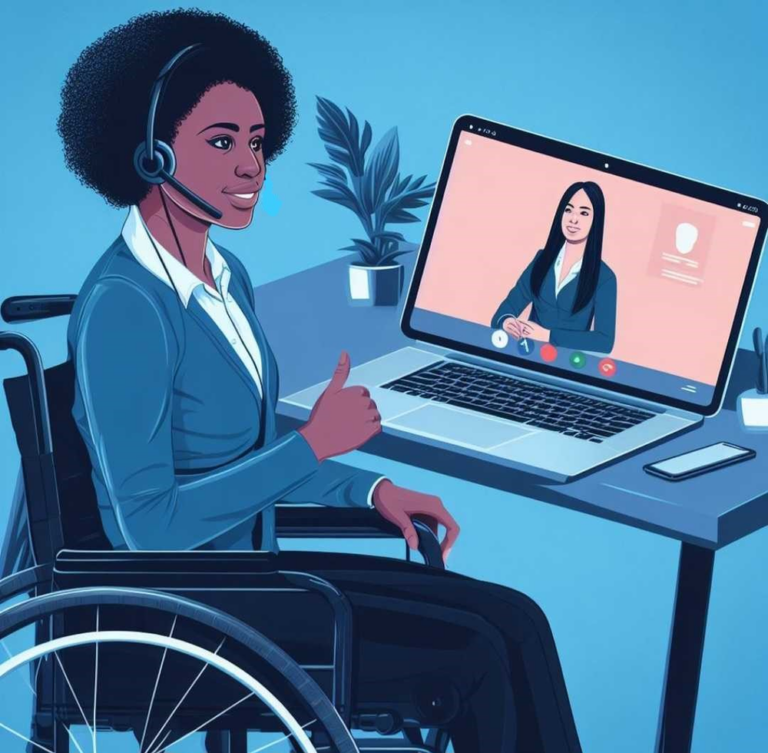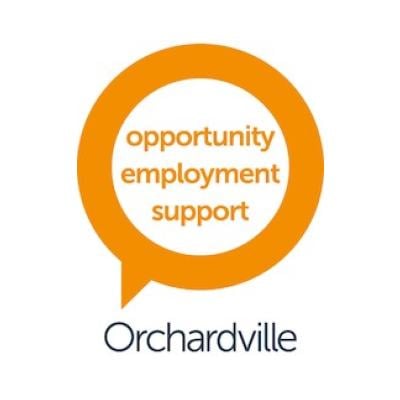It used to be that a college education would guarantee you a high-paying job right after graduation. However, with a growing number of people choosing to pursue higher education, a degree alone is no longer sufficient.

1. Determine which professions interest you
Explore other employment choices for the degree program in which you are now studying or have studied. As you gain more knowledge, you may narrow down your top two to three options and search for internships relevant to those roles.
If you are studying Business, for example, you may learn more about the many Business careers. Once you’ve decided which subjects, such as Human resources and Marketing, spark your interest, you can look for internships in those fields.
2. Understand Where to Search
Once you’ve narrowed down which internships might be a good fit for you, it’s time to start looking! Here’s how you can go about it.
-
Visit Job Sites: With millions of job listings on websites like Linkedin, you’re likely to find something that’s appropriate for you. You may search for internship titles that interest you and filter results based on region, size, industry, business ratings, and other factors. You may set up a job alert to receive relevant results in your inbox.
-
Utilize Your College’s Career Resources: Almost all institutions offer a career portal where companies interested in recruiting their students would post job openings. Career and internship fairs may also be quite beneficial because they allow you to meet recruiting decision-makers face to face.
-
Leverage Your Network: A personal recommendation may make or break your internship hunt, so reach out to friends, family, coworkers, classmates, professors, and alumni to see if they know anybody recruiting. Another excellent method is to research the company you’re interested in and contact workers for an informative interview. You never know what opportunities may arise!
-
Contact Companies Directly: If you have an ideal firm in mind but they don’t have any relevant internships available, you can always try writing them a letter of interest in the hopes that they would contact you when one becomes available or perhaps create one for you. It’s a longer shot than applying directly, but you’ll never know unless you try.
3. Prepare your application
Whatever job you apply for, there are a few essential items you should have available. Here are the most typical ones, as well as how to perfect them before applying.
-
Resume: These are concise documents that highlight your abilities, education, and previous experience. Resumes typically include your name and contact information, education, professional profile, job experience, talents, and supplementary experience. If you’ve never created a resume before, a template might come in handy.
For more help take a look at our article https://www.diversetalent.careers/post/how-to-write-a-resume
-
Cover letter: flesh out your application by adding color and context. It’s crucial to note, however, that cover letters should do more than simply mention what’s on your CV; they should persuade whoever is reading the letter that you are uniquely qualified for the position. While cover letters are not always required, they are virtually always a good idea. They demonstrate your enthusiasm for the position and give a more comprehensive view of who you are as a recruit.
-
Social media sites: Numerous recruiters utilize social media to study prospects; in fact, some may request a connection to your social media pages. So, if you haven’t already done so, you should set up a professional social media presence, particularly on a networking site like LinkedIn.
-
Portfolio: If you’re starting out in a creative area like web development, graphic design, or writing, an online portfolio is a great way to get noticed. Platforms such as Squarespace and Wix make it simple to compile a polished portfolio of your most prominent projects and work demos.
4. Prepare for the interview
Interviewing is frequently the most dreaded aspect of the job hunt. However, if you fully prepare, it will be far less daunting. Before your interview, do some research about the company, such as what products/services they provide, who is on their management team, what benchmarks they’ve managed to hit, who their rivals are, and so on. Any of these topics are perfectly acceptable in an interview, and not knowing the answer to one of them demonstrates that you haven’t done your homework.
You may also use this information to generate some of your own questions. Asking relevant questions about the firm to your interviewer can demonstrate that you are enthusiastic, interested, and well-informed.
You should also prepare by researching popular questions in interviews. You may refer to Glassdoor’s list of the 50 Most Common Interview Questions, as well as browse interview reviews on Glassdoor for your job position and organization, to see what actual recruiters are asking applicants like you. Once you’ve picked a handful of the most common questions, go through them with a friend.
5. Follow up
After you’ve completed your interview, take a deep breath – the difficult part is over! But your task isn’t finished yet. To begin, you should write a thank-you message to everyone you spoke with. Thank-you notes demonstrate that you are organized and considerate, both of which are highly valued by employers. To create a fantastic, thank-you note, follow these steps:
-
Simply submit it within 24 hours.
-
Thank the interviewer for taking the time to speak with you.
-
Mention what you learned about the firm that you found interesting.
Diverse Talent works alongside several organisations within Northern Ireland that support internships and placements, our team is highly experienced in assisting students to prepare for their future careers. Get in touch with our team if you would like further advice, including writing your CV, preparing for interviews or selecting good organizations to work for.




